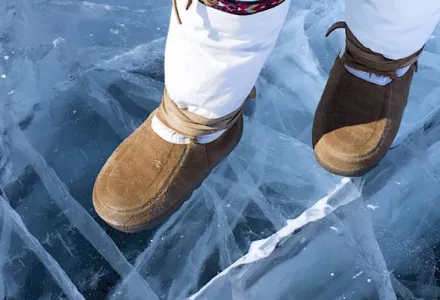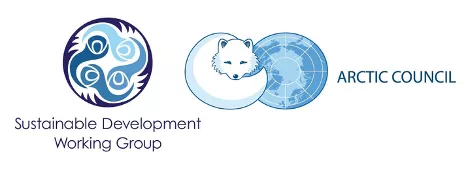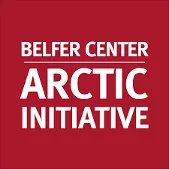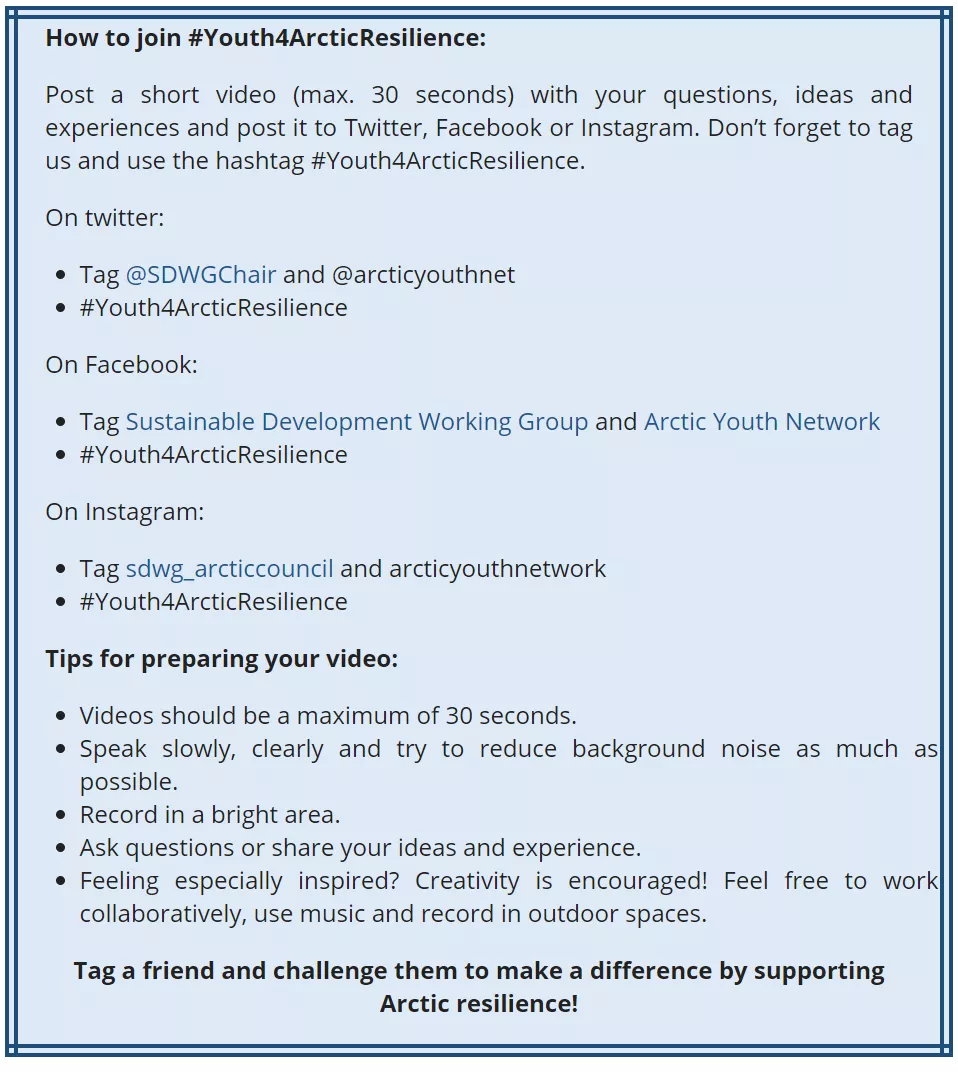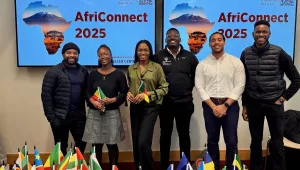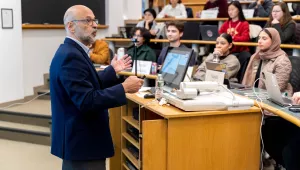About the Arctic Resilience Forum
Resilience means the capacity of communities and systems to recover and restore themselves from various kinds of crises and disturbances. The Arctic region is changing rapidly, and the speed of ongoing change makes adaptation extremely challenging. Governments, indigenous peoples, local communities, researchers, and businesses must work together to build resilience to the social-ecological changes that are underway.
In May, 2017, the Foreign Ministers of the Arctic Council adopted the Arctic Resilience Action Framework (ARAF) to organize regional resilience actions. The ARAF provides the Council with a common frame for building and supporting resilience in the Arctic region.
Arctic leaders encouraged the Arctic Council to host a Forum every two years to take stock of Arctic Resilience and foster implementation and investments that enhance resilience and climate adaptation actions in the region.
The first Arctic Resilience Forum, hosted by the Finnish Chairmanship and supported by the Arctic Council Secretariat, was held in Rovaniemi, Finland in September of 2018. Convening over 100 Arctic leaders, the first Forum helped build a broader understanding of the importance of resilience, particularly for northern communities, and how to implement and gain financial support for resilience actions in the region. Participants expressed eagerness to convene once again, in two years, to engage more directly in resilience progress, accelerate resilience actions, and build out the Arctic resilience community of practice.
The Corona-Virus pandemic reinforces the importance of understanding and supporting resilience in the Arctic. The longer-term impacts of the pandemic for the Arctic and the globe remain uncertain; however, the experiences of Arctic communities over the last several months highlight the Arctic’s unique circumstances. Furthermore, the pandemic highlights the unique strengths and vulnerabilities and reinforces the case for a holistic approach to understanding and building resilience.
In this context, the Icelandic Chairmanship will host the Arctic Council’s second biannual Arctic Resilience Forum. The ARF seeks to actively engage participants in conversations about how to build the resilience of Arctic communities and ecosystems. It offers the opportunity to discuss concrete best practices and experiences from the Council and the broader community of circumpolar experts and knowledge holders. The Arctic Resilience Forum aims to continue to strengthen cooperation on resilience work.
For an interview with the two main organizers, Jennifer Spence, the Executive Secretary of the Council's Sustainable Development Working Group, and Joel Clement, Senior Fellow at the Harvard Kennedy School's Belfer Center for Science and International Affairs, read more here.

